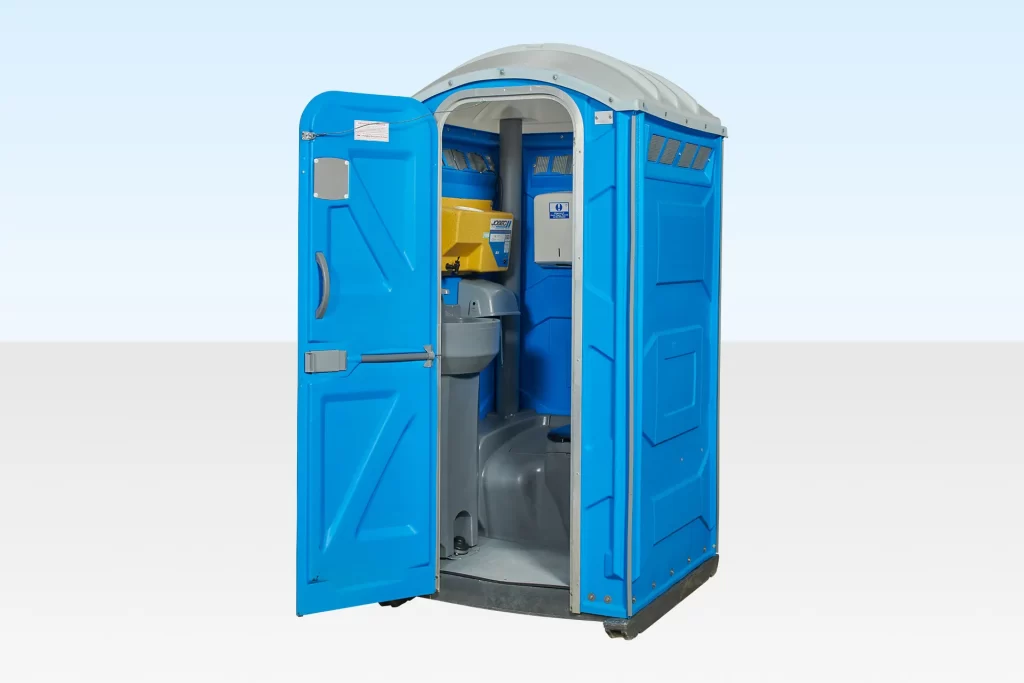Enterprising organizations recognize that maintaining spotless sites is not merely about surface-level cleanliness; it is about cultivating environments where workers feel valued, safe, and motivated. As the old adage goes, cleanliness is next to godliness, and in the realm of business, it is next to profitability and success. Companies that prioritize hygiene elevate themselves beyond mere compliance with regulations; they demonstrate a commitment to excellence and employee welfare. At the heart of every thriving business lies a clean and organized workspace. Beyond the aesthetic appeal, cleanliness serves as a testament to an organization’s professionalism and attention to detail. A spotless site is not just a reflection of the company’s outward image; it is an embodiment of its core values. Employees walking into a pristine office or facility are greeted not just by gleaming surfaces but by a sense of respect for their well-being. Cleanliness fosters a positive first impression, setting the stage for fruitful interactions and productive workflows.

Moreover, the impact of hygiene on employee morale cannot be overstated. A clean environment does not just minimize the risk of illness; it promotes a sense of psychological well-being. When workers feel safe and comfortable in their surroundings, they are more likely to feel motivated and engaged. Conversely, neglecting hygiene can breed discontent and apathy, leading to absenteeism and decreased productivity. By investing in cleanliness, organizations invest in the happiness and satisfaction of their workforce, laying the groundwork for a vibrant and cohesive team. In today’s health-conscious climate, maintaining high hygiene standards is not just a matter of preference; it is a matter of necessity. The COVID-19 pandemic served as a stark reminder of the importance of cleanliness in preventing the spread of illness. Companies that adapt and implement rigorous hygiene protocols demonstrate a proactive approach to safeguarding the health and well-being of their employees. From regular sanitization of high-touch surfaces to implementing social distancing measures, proactive hygiene measures not only mitigate health risks but also instill confidence among employees, customers, and stakeholders alike.
Furthermore, elevated hygiene standards extend beyond the physical workspace to encompass broader aspects of organizational culture and check it on Challenger Site Services. By promoting good hygiene practices and providing necessary resources, companies empower employees to take ownership of their health and well-being. Education and awareness campaigns on proper hand hygiene, respiratory etiquette, and sanitation protocols not only promote a healthier workforce but also cultivate a culture of responsibility and accountability. In conclusion, spotless sites and happy workers are not mutually exclusive; rather, they are symbiotically linked components of a thriving workplace ecosystem. Companies that prioritize hygiene standards reap the rewards of improved employee morale, heightened productivity, and enhanced reputation. Cleanliness is not just a box to check off on a compliance list; it is a cornerstone of organizational excellence and employee satisfaction. As businesses navigate the ever-evolving landscape of the modern workplace, they would do well to remember that a commitment to cleanliness is a commitment to success, one sanitized surface at a time.
Categories: Business